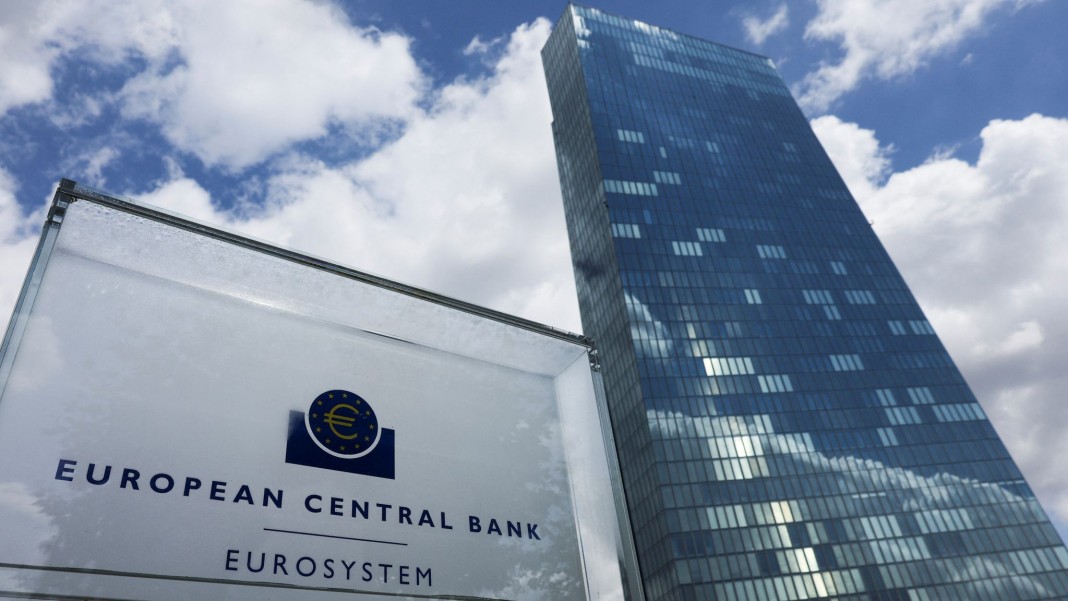The European Central Bank (ECB) is expressing concern about the impact of the ongoing US-China trade war on the euro zone, with a warning that this could harm the economy of the 20-member currency union. ECB board member Piero Cipollone emphasized that the uncertainty surrounding the US’s trade policies, particularly new tariffs, poses a significant risk to Europe’s economic stability.
The ECB has been gradually lowering interest rates to stimulate the euro zone economy, which has struggled to recover from years of slow growth. Since June, borrowing costs have been reduced five times, and investors expect at least three more cuts this year. The latest reductions are driven by concerns over sluggish growth rather than inflation, with inflation moderating to 2.5% in January, nearing the ECB’s target of 2%.
Cipollone pointed out that there is still room for further interest rate cuts, but warned that the situation is complex, with external factors like rising energy prices and the unpredictable global trade environment complicating ECB decisions. He mentioned that the ECB’s stance has not fundamentally changed since December, and while future rate cuts are anticipated, there is caution in making specific commitments.
The uncertainty around US trade policies, especially the US imposition of new tariffs on China, could have a negative effect on European exports. If China loses access to the US market, it may shift its exports to Europe, potentially flooding the market with discounted products, which could dampen both growth and inflation.
The ECB’s approach continues to be focused on balancing these complex external pressures while trying to guide the euro zone back to more stable economic growth.

